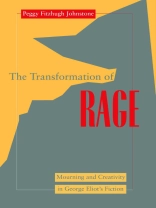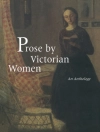George Eliot has been widely praised both for the richness of her prose and the universality of her themes. In this compelling study, Peggy Fitzhugh Johnstone goes beyond these traditional foci to examine the role of aggression in Eliot’s fiction and to find its source in the author’s unconscious sense of loss stemming from traumatic family separations and deaths during her childhood and adolescence. Johnstone demonstrates that Eliot’s creative work was a constructive response to her sense of loss and that the repeating patterns in her novels reflect the process of release from her state of mourning for lost loved ones.
关于作者
Peggy Fitzhugh Johnstone is an independent scholar in Saratoga Springs, New York. She has published essays on George Eliot in Hartford Studies, Literature and Psychology, and Mosaic.












